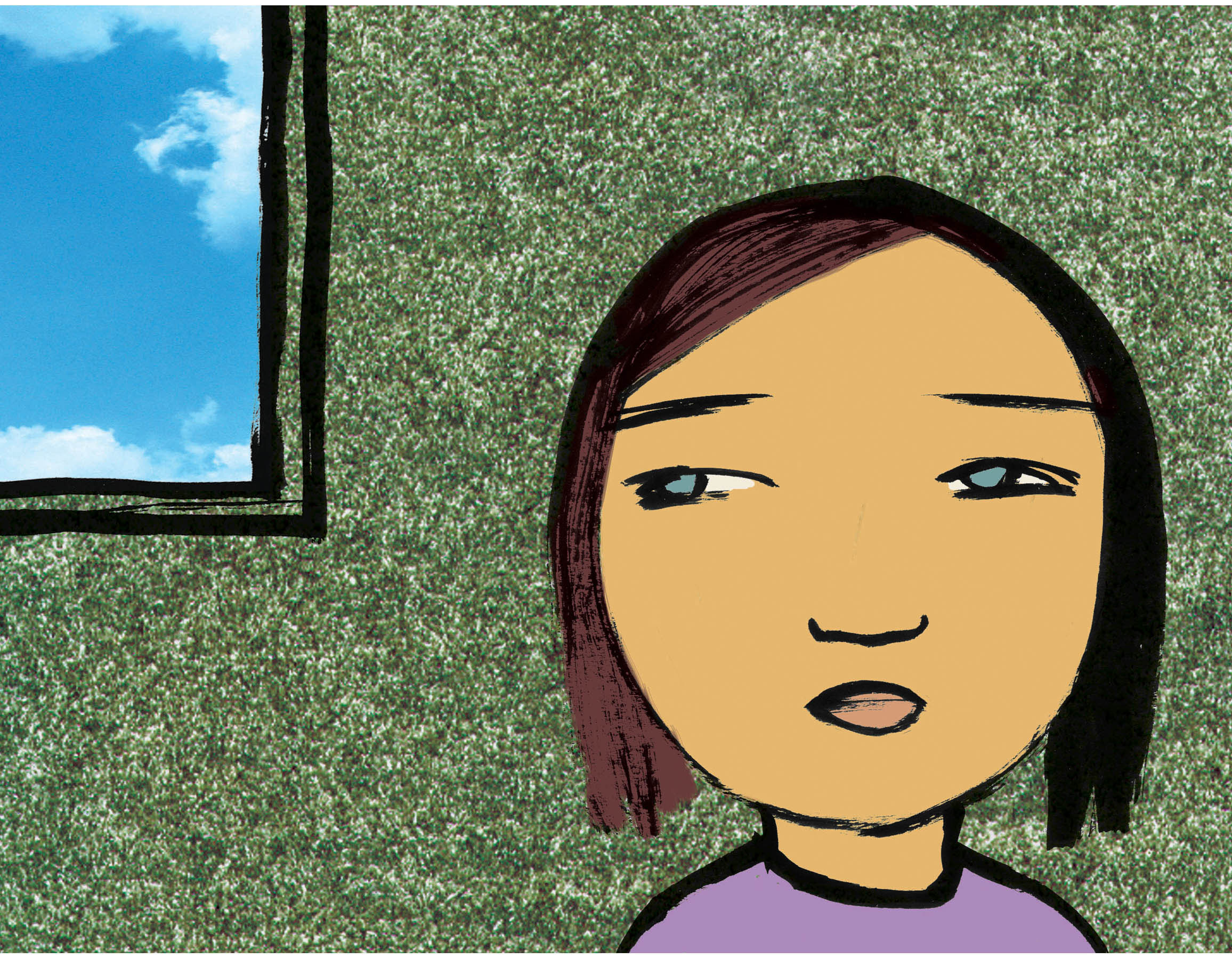When a friend moves away

 My 6-year-old son’s best friend recently moved to Oklahoma.
My 6-year-old son’s best friend recently moved to Oklahoma.
He didn’t see J every day, but he always felt a close connection to his little buddy. They’ve known each other since birth, and went to preschool together. The pair had several chances to see each other in the weeks leading up to moving day. After each visit, my son cried inconsolably.
“I’m never going to see him again,” he sobbed.
“Oh, you will,” I wanted to say. But I didn’t know that for sure. I realized I was trying to sop up his pain like I would a messy spill. Such assurances would be false, along with other empty promises I could have made like, “You’ll make new friends.”
I know my son isn’t the only one to have a friend move away. Many kids across Clark County are returning to school this fall to find a favorite playmate is no longer in class. For advice on how parents can help their children handle that sort of change, I turned to Arabeth Mashek, a therapist at the Children’s Center, a Vancouver clinic for uninsured and underinsured kids and their families.
First and foremost, parents should resist the urge to fix things for their kids, she said.
“You want to make it all better. You don’t want them to experience those feelings,” Mashek said. But instead parents should treat it as an opportunity to coach their children on how to handle difficult emotions.
Resist the urge to take special outings or trips to distract your child from the loss, she said.
“As much as a parent can keep kids’ routine the same, it helps them manage better,” she said.
You can encourage your child to draw a picture or write a letter to send to the far-flung friend, Mashek said. Kids love receiving old-fashioned snail mail. Skype and FaceTime also can be fun ways to keep in touch.
If it’s feasible, older children can exchange summer visits, Mashek said, as she did with a good friend who moved away when she was a kid. Beforehand, parents should discuss how such a visit might play out. What if the friend has made a new best friend? Setting out possible scenarios can prevent your child from being caught off guard, Mashek said.
Some children may not be able to label what they’re feeling, but just appear mopey and out of sorts. Parents shouldn’t be afraid to broach the topic, maybe by saying, “It seems like you’re missing your friend.”
“Sometimes, hearing and validating what they’re feeling helps them to cope,” Mashek said. “You don’t have to solve it.”
In a way, that advice liberated me from feeling so powerless as I held my wailing boy.
I knew I was doing all I could by murmuring, “You’re sad. You’ll miss your friend.”
